Mekelle፡Telaviv, Nairobi, Pretoria, London, (Tigray Herald).
IGAD Calls for Equity and Long-Term Investment at Global Finance Summit
At the 4th International Conference on Financing for Development (FfD4) in Seville, Spain, IGAD issued a clear and confident message: the Horn of Africa is not looking for charity it is ready for meaningful partnership, long-term investment, and fair access to global finance.
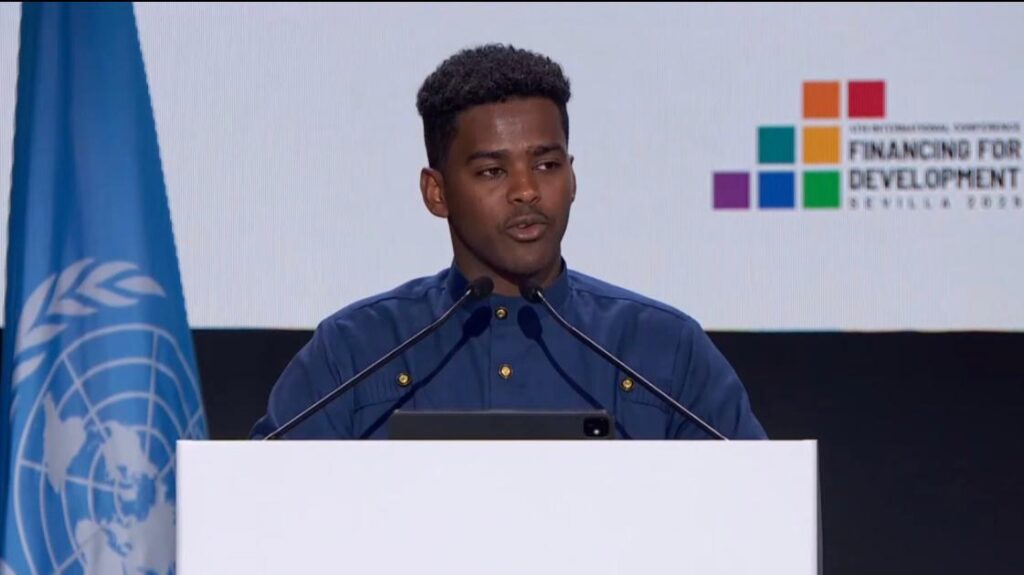
Delivering the official statement on behalf of Dr. Workneh Gebeyehu, Executive Secretary of IGAD, Cherinet Harifo, IGAD’s Permanent Representative to the United Nations, addressed world leaders, ministers, and development partners with an assertive call for change.
“Our message was simple,” Harifo said. “The Greater Horn of Africa is ready not for fragmented aid, but for strategic investment. The future of Africa is not a question of charity, it is a matter of global equity, shared responsibility, and collective gain.”
A Shift in Global Logic
At the heart of IGAD’s intervention was a call to fundamentally rethink how the international community approaches financing for development. The region, Harifo emphasized, is not merely a recipient of fragmented aid packages it is a frontier of transformation where early investment can yield global benefits.
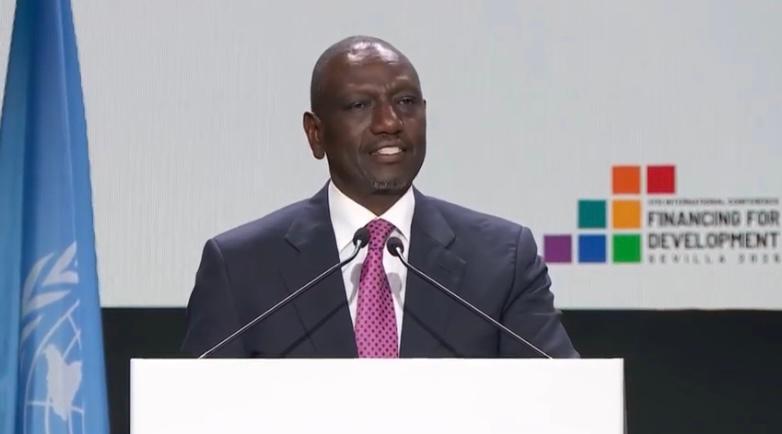
“IGAD is not waiting to be rescued,” he said. “We are actively building resilience through climate adaptation, investing in early warning systems, strengthening cross-border infrastructure, and preventing conflict before it erupts. These are not concepts. They are measurable programs with real impact on the ground.”
Yet despite this momentum, access to global finance particularly climate finance and infrastructure capital remains skewed and deeply unequal.
From Aid to Investment
Harifo’s intervention was underpinned by a vision that resonates far beyond IGAD’s eight member states. “We need a shift from short-term aid to long-term investment in institutions,” he told the conference. “Preventing conflict, managing migration, and building climate resilience are not local challenges they are global priorities. And they must be funded as such.”
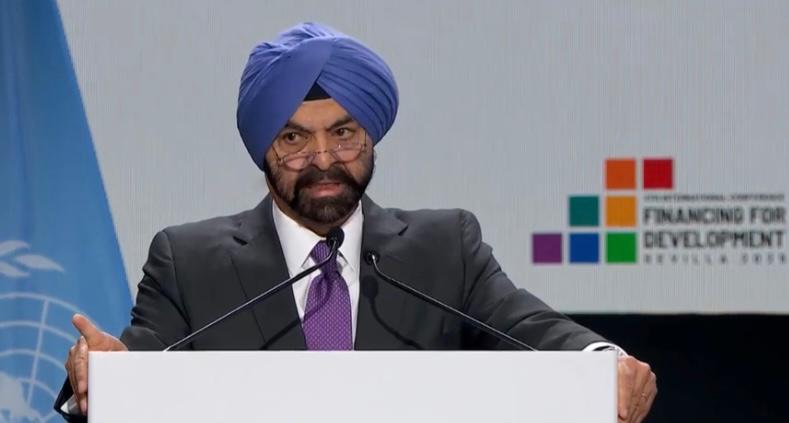
This appeal aligns closely with the Compromiso de Sevilla, the official outcome document of FfD4, which calls for a transformation in how development financing is structured and delivered. For IGAD, implementation is not just a goal it is a commitment already in motion.
IGAD’s Quiet Revolution
Often overshadowed by the African Union and other continental bodies, IGAD has become an increasingly strategic actor in East Africa, quietly implementing regional solutions to some of the world’s most pressing challenges.
In recent years, the organization has launched:
Climate resilience projects in the drylands of Ethiopia, Kenya, and Somalia.
A regional conflict early warning system (CEWARN) that monitors and prevents cross-border violence.
Integrated infrastructure planning for roads, energy, and telecoms to improve trade and mobility across borders.
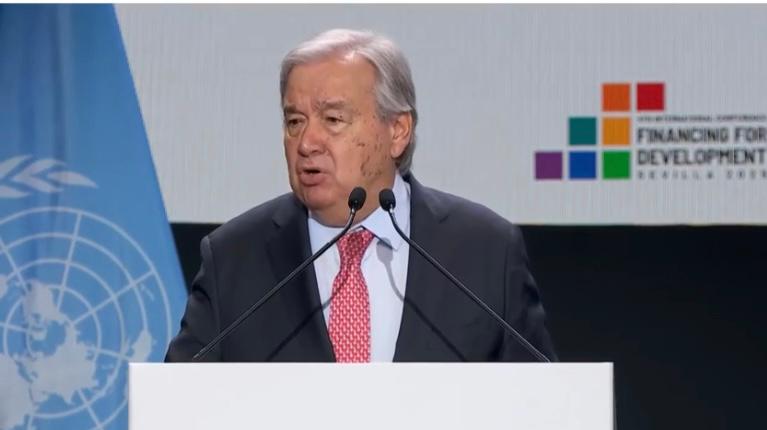
These initiatives are helping to stabilize a region long plagued by fragility, and IGAD believes they deserve long-term international backing.
A Global Return on African Investment
In Seville, Harifo emphasized that investing in IGAD’s programs is not an act of benevolence it is a form of enlightened self-interest for the global community.
“Investing in our region protects global supply chains, mitigates climate risk, and reduces the drivers of forced migration,” he said. “It’s time for global financing to reflect that logic.”
His remarks landed amid growing debate about how multilateral development banks and donor governments can better allocate resources not just to countries, but to regional institutions with boots on the ground and local legitimacy.
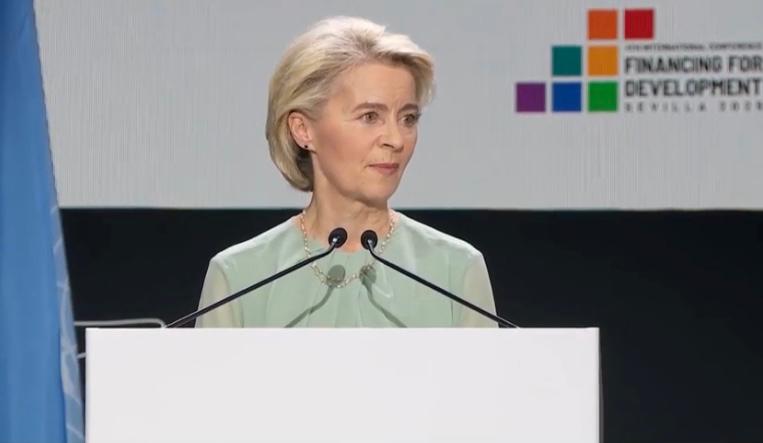
From Sevilla to the Horn
As FfD4 concluded, the challenge now lies in turning declarations into delivery. IGAD has signaled its readiness to move provided the global community is willing to walk with it.
“Development must be co-owned, co-created, and co-financed,” Harifo said in closing. “We are ready to implement the Compromiso de Sevilla. What we ask for is partnership not paternalism.”
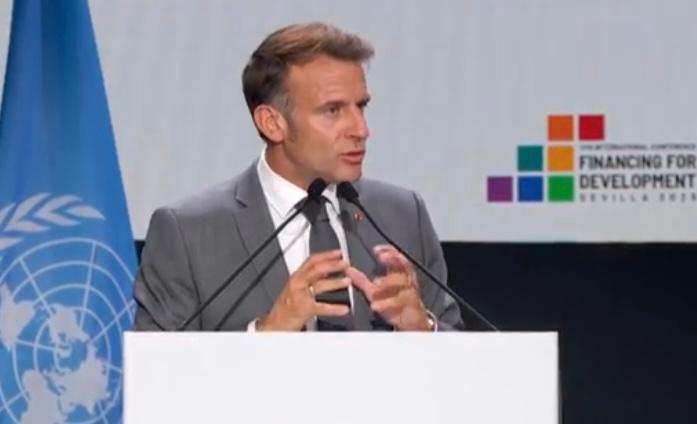
In a world grappling with the polycrises of climate breakdown, displacement, and insecurity, the Horn of Africa may no longer be a distant recipient of charity but a frontline partner in shaping the global future.




